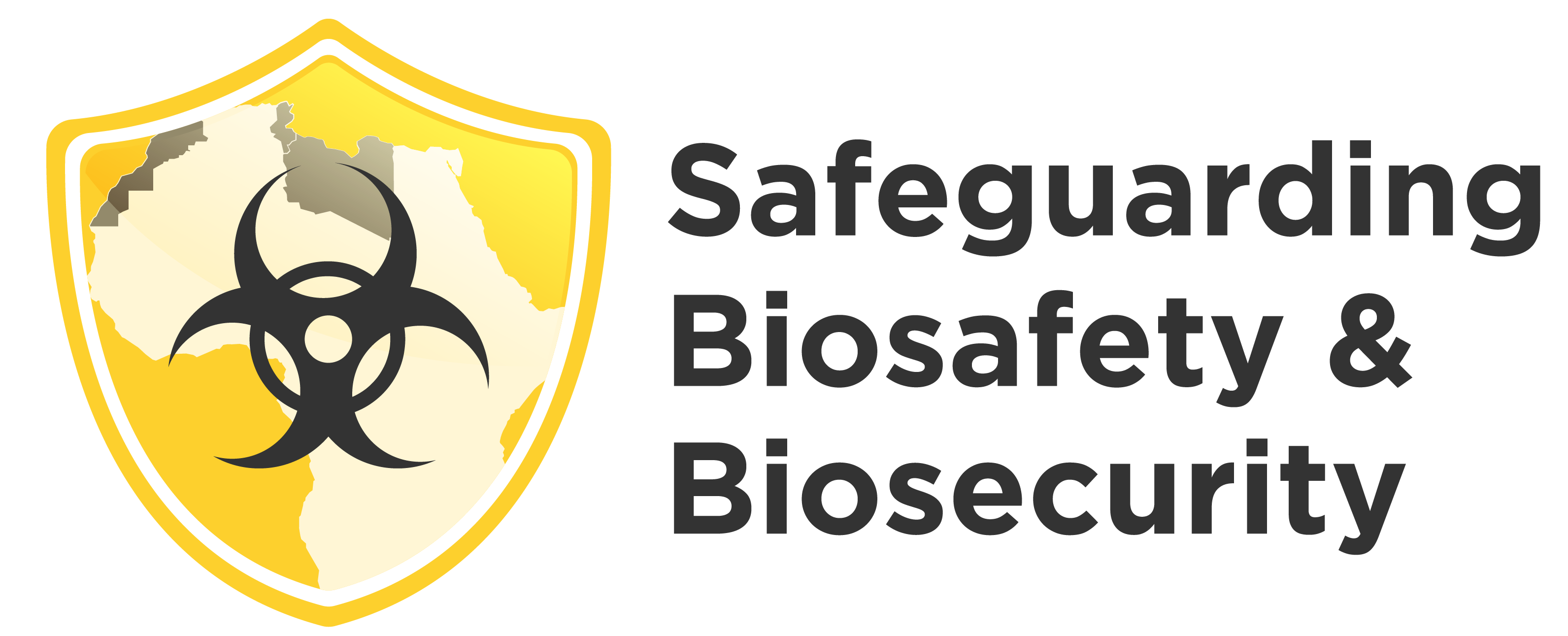
Libya may have a number of research centers and laboratories that work with biological materials like diseases, poisons, and genetically modified organisms (GMOs). Depending on their capabilities, resources, and adherence to international standards, these establishments’ biosafety and biosecurity procedures may differ.
Libya might have put in place rules and laws for biosafety and biosecurity. The development and operation of high-containment facilities, as well as the handling, transportation, and disposal of hazardous biological materials, could all be subject to these rules.
The ability and expertise of the institutions involved, such as research institutions, universities, and public health authorities, determines how biosafety and biosecurity procedures are implemented. Capacity can be improved in this area through training initiatives, partnerships with international organizations, and adherence to international norms like the Laboratory Biosafety Manual of the World Health Organization (WHO).
Network Participants
- Alsharik laboratory
- Alsaleem laboratory
- Misurata Central laboratory
- National Center for Disease Control / Suq Aljumea
- National Center for Disease Control / Sabha
- National Center Disease Control / Gharyan

